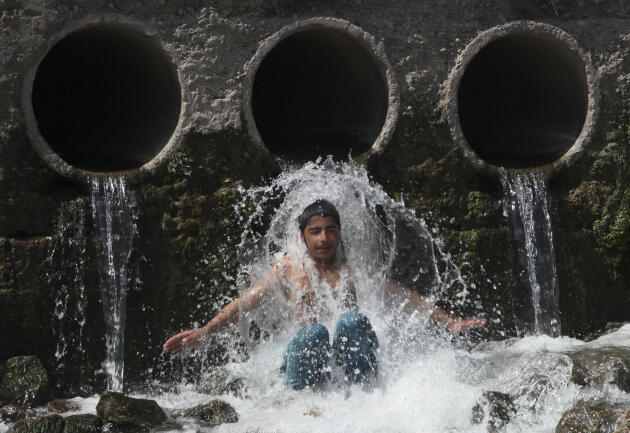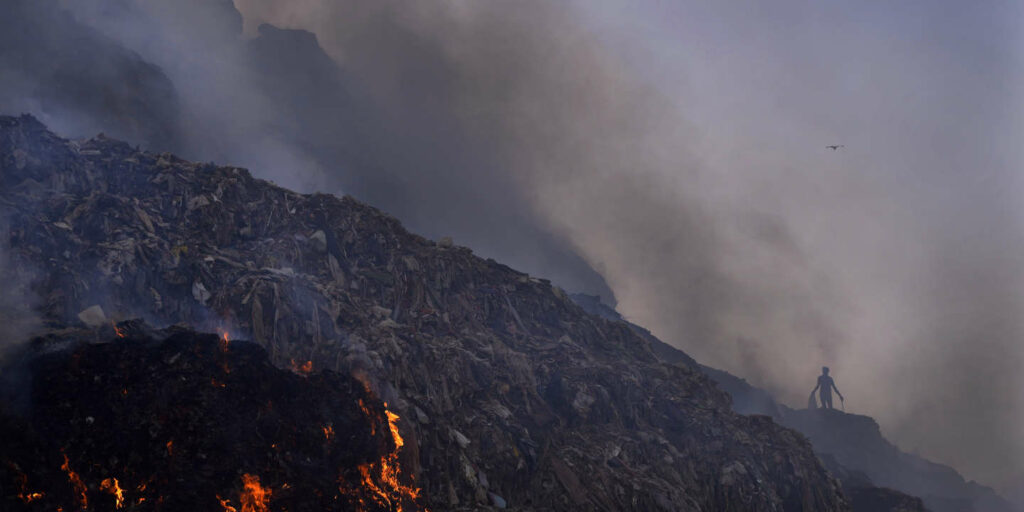In images, in picturesThe two neighboring countries are plagued by exceptional and early heat waves this year, with peaks of 50°C in places, leading to water shortages and power cuts.
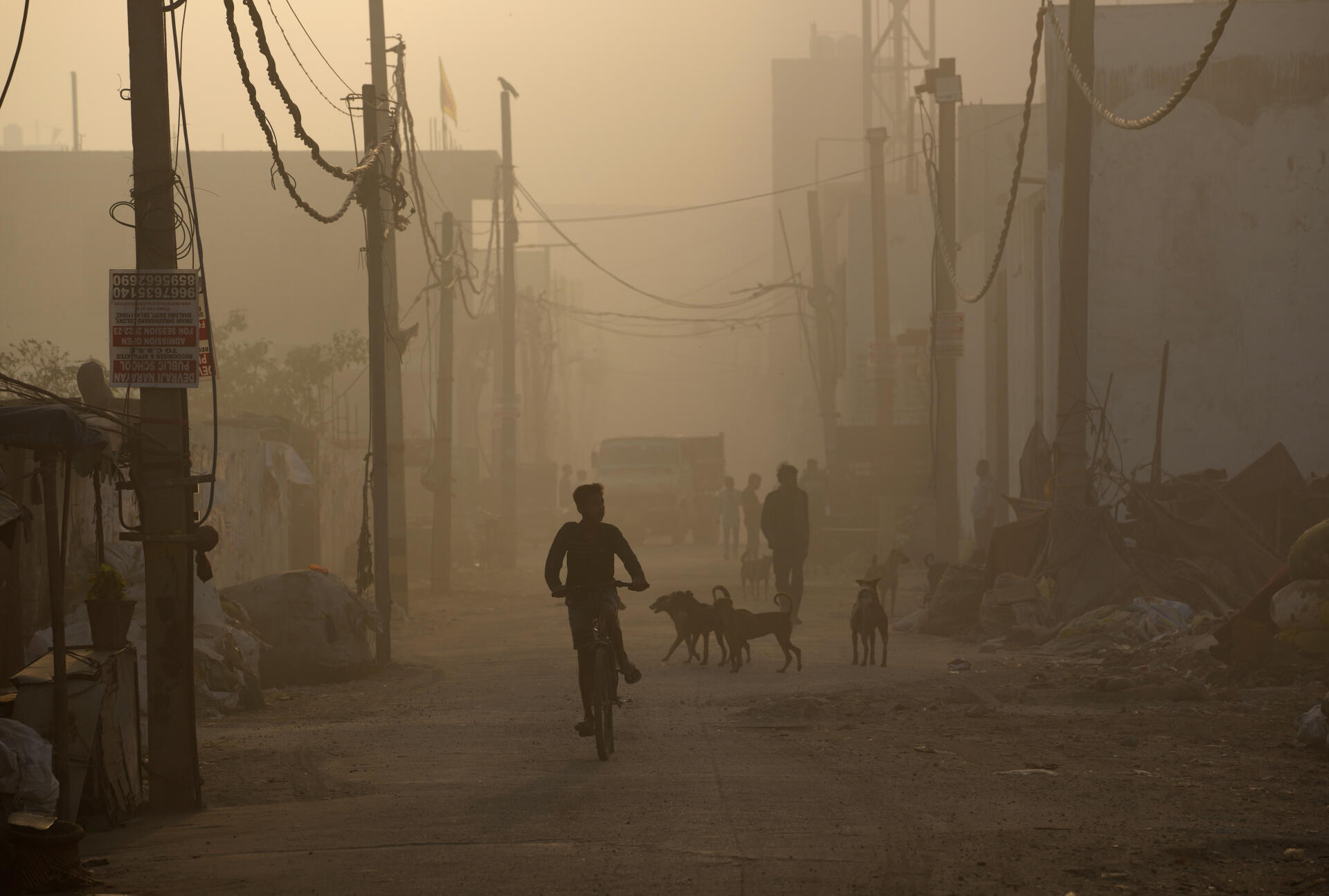
The Bhalswa landfill in New Delhi, which covers an area equivalent to fifty football fields and is taller than a seventeen-story building, caught fire on Tuesday evening. The disaster quickly transformed the appalling mountain of rubbish into a veritable inferno, setting the night sky ablaze and spewing terrible toxic and stinking fumes over the agglomeration and its 25 million inhabitants. Under the effect of the heat, the methane generated by the decomposing organic matter ignited. India’s capital, which like the rest of South Asia is in the midst of a record-breaking heat wave, was shrouded in thick, acrid smoke.
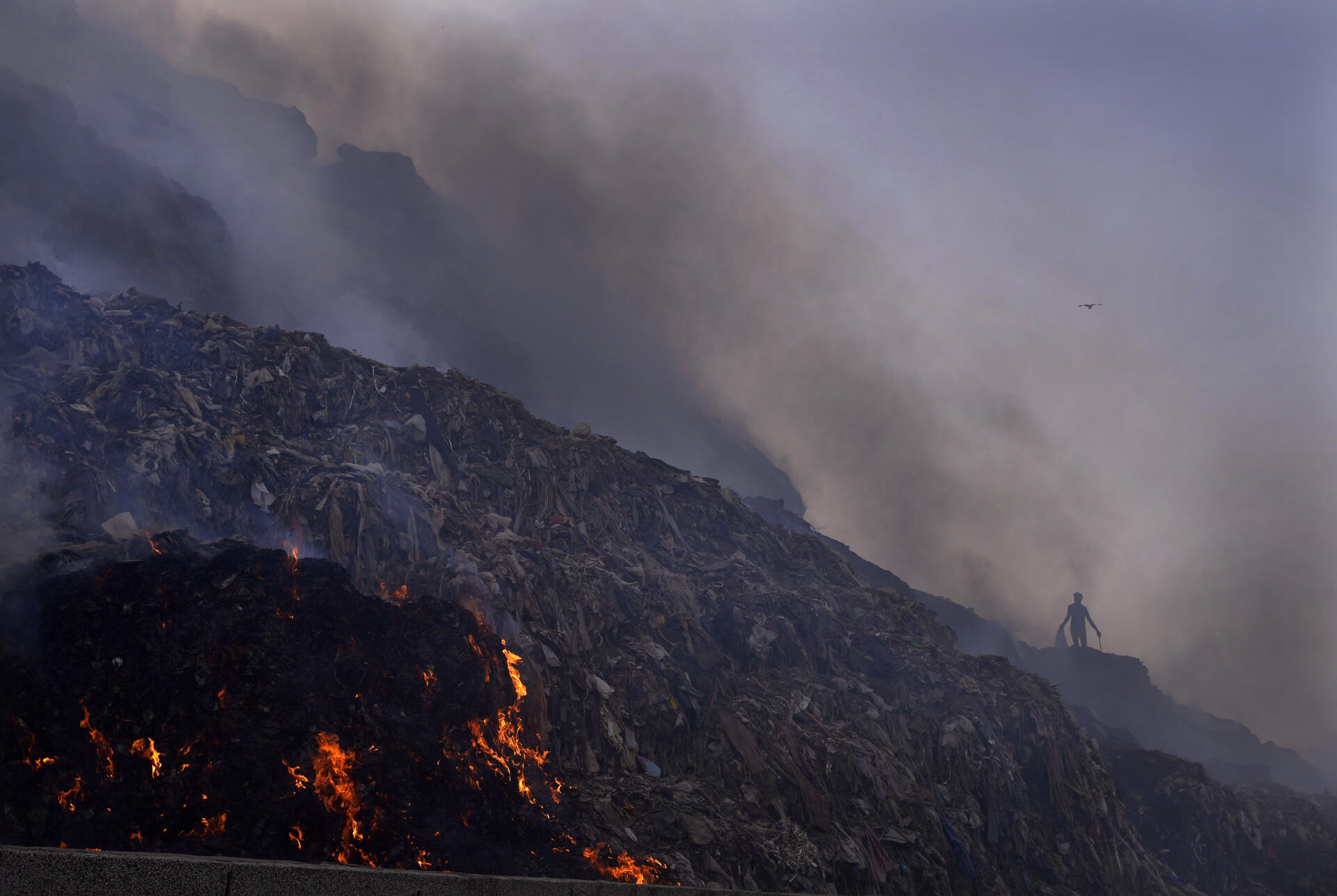
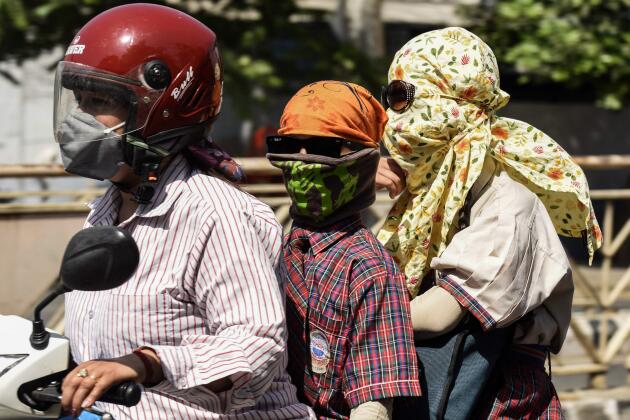
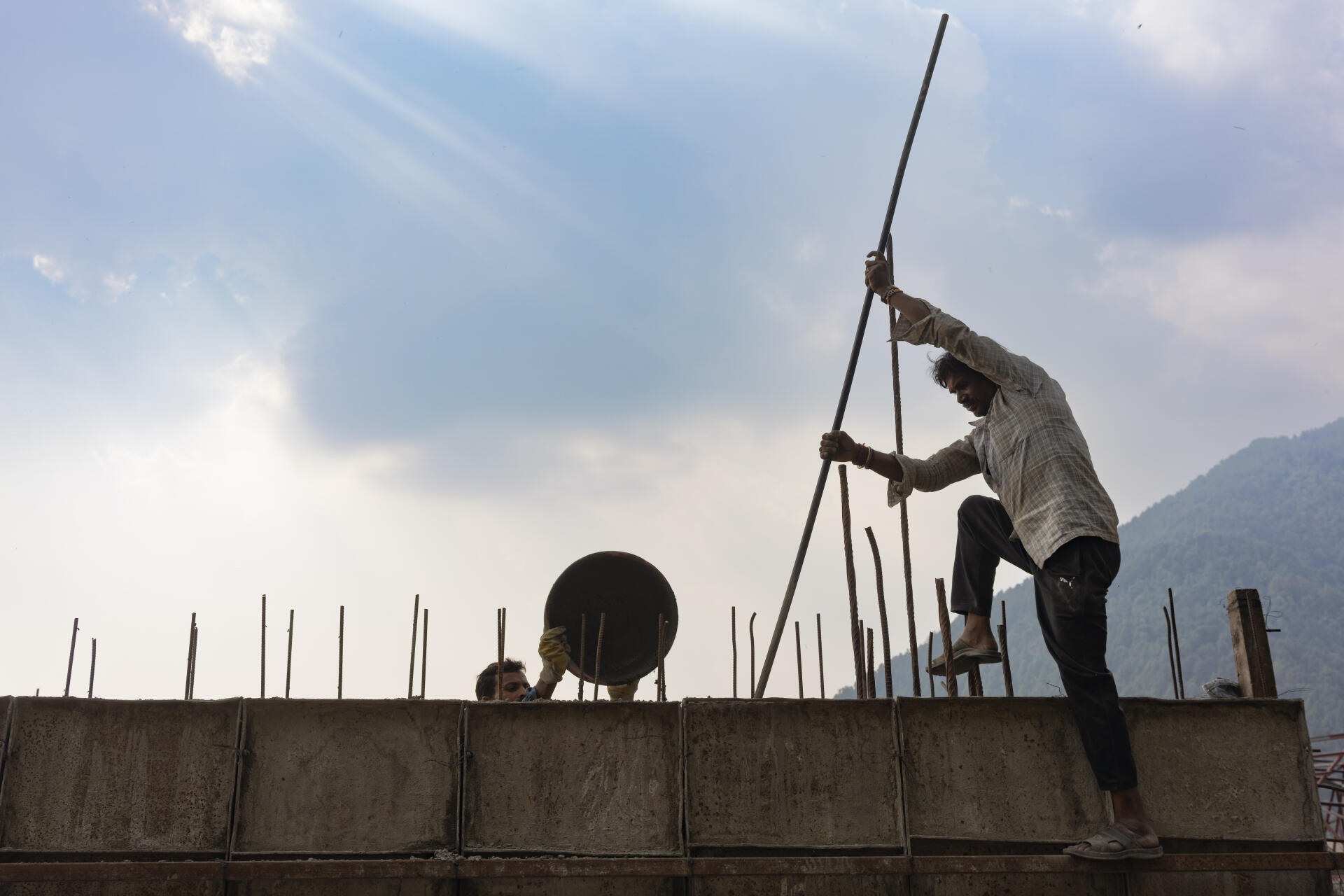
India and Pakistan are plagued by exceptional and early heat waves this year, with peaks of 50°C in places, leading to water shortages and power cuts. Such temperatures are normally recorded in May and June, the two hottest months of the year. Schools have also had to close, and the medical and firefighting services are on a war footing. Hundreds of fires have reduced pine forests to ashes, especially around Dharamsala, the city where the exiled Dalai Lama resides.
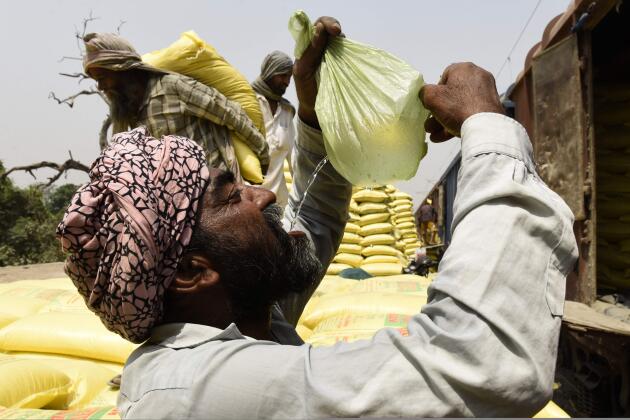
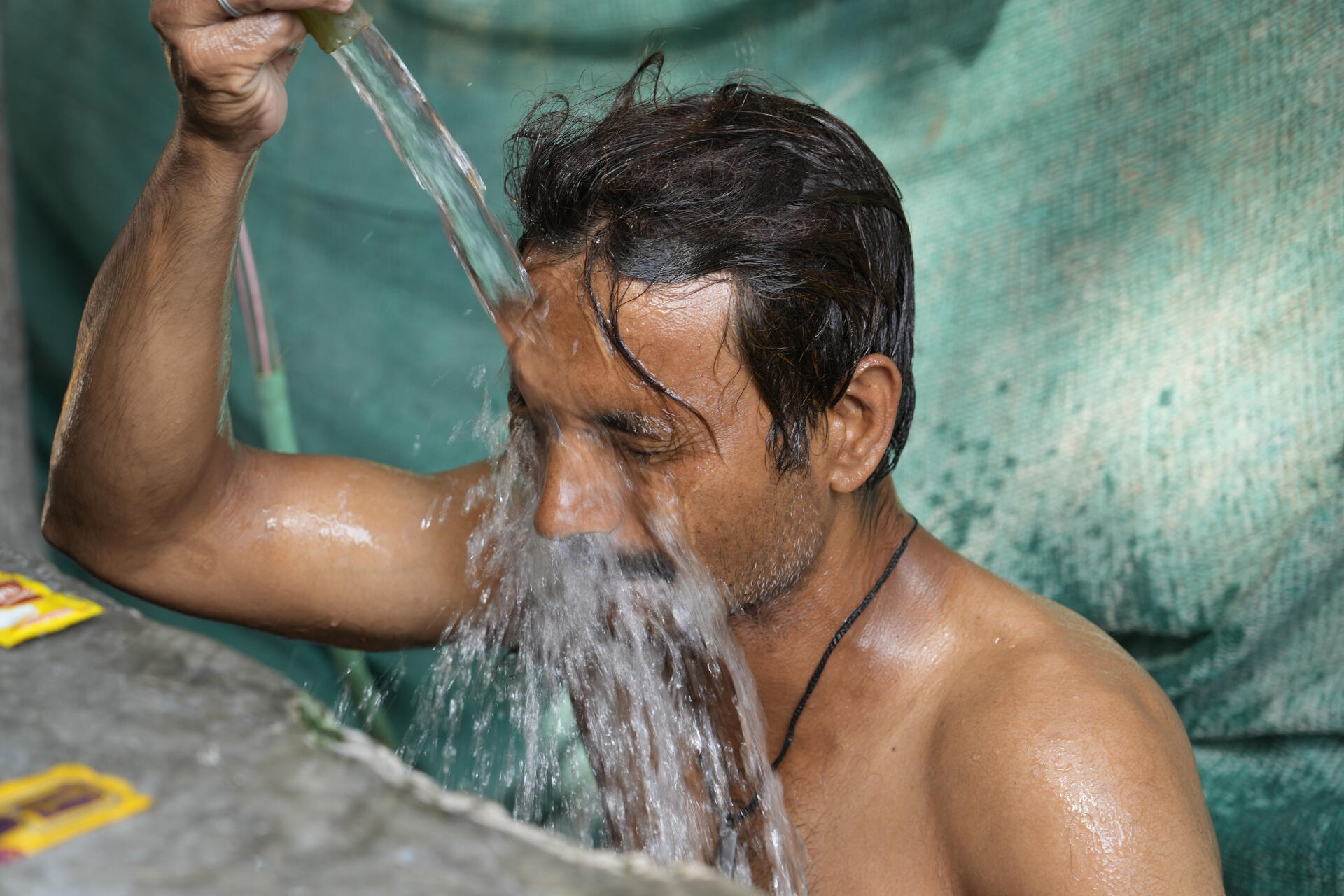
Several regions in the country of 1.4 billion people were reporting a drop in water supply that will only get worse until the annual monsoon rains in June and July. Despite the heat, the workers continued to work.
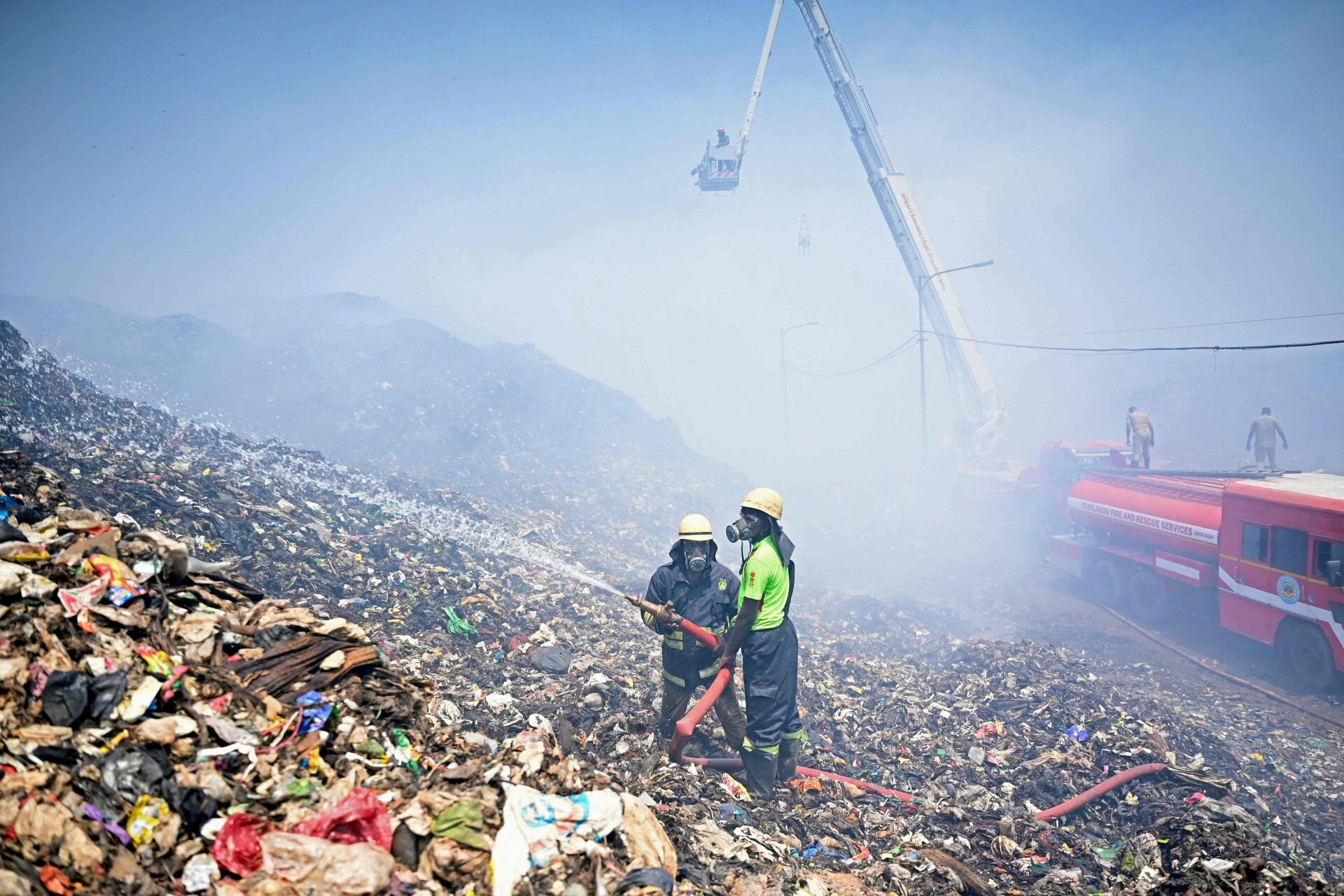
May promises to be even tougher, with stifling temperatures and increased air pollution. This heat wave, the highest in a hundred and twenty-two years, raises fears that these extreme weather conditions could become the new norm. Scientists say that due to climate change, heat waves are more frequent but also more severe.
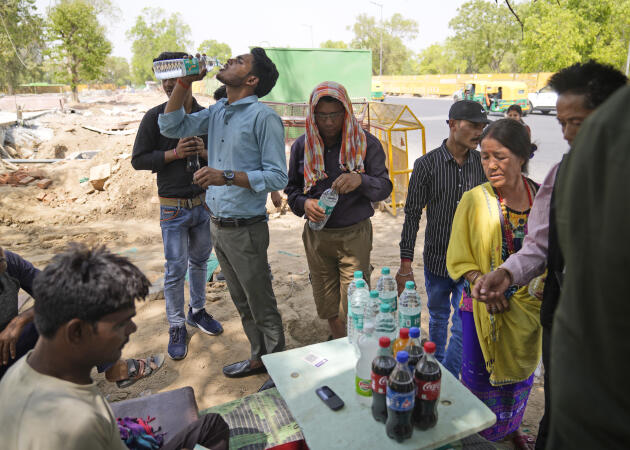
The vast majority of Indians are poor and forced to endure these extreme conditions without air conditioning, without fans, in unsuitable habitats. The Indian capital, like all major megacities, has hundreds of thousands of homeless people living in slums where drinking water is not accessible.
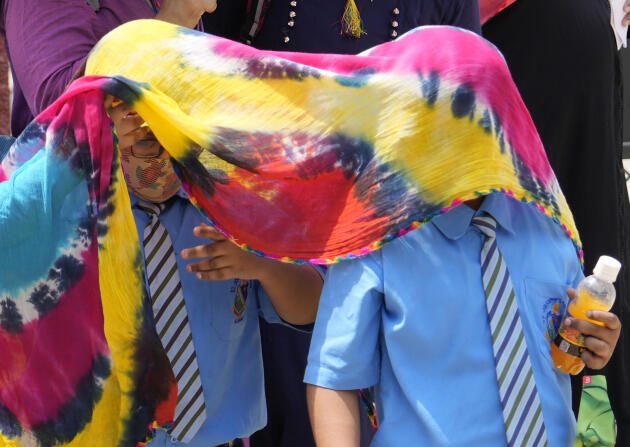
For the Dr Friederike Otto, lecturer in climate science at the Grantham Institute, London, “Heat waves in India and elsewhere will continue to get hotter and more dangerous, until net greenhouse gas emissions end”.
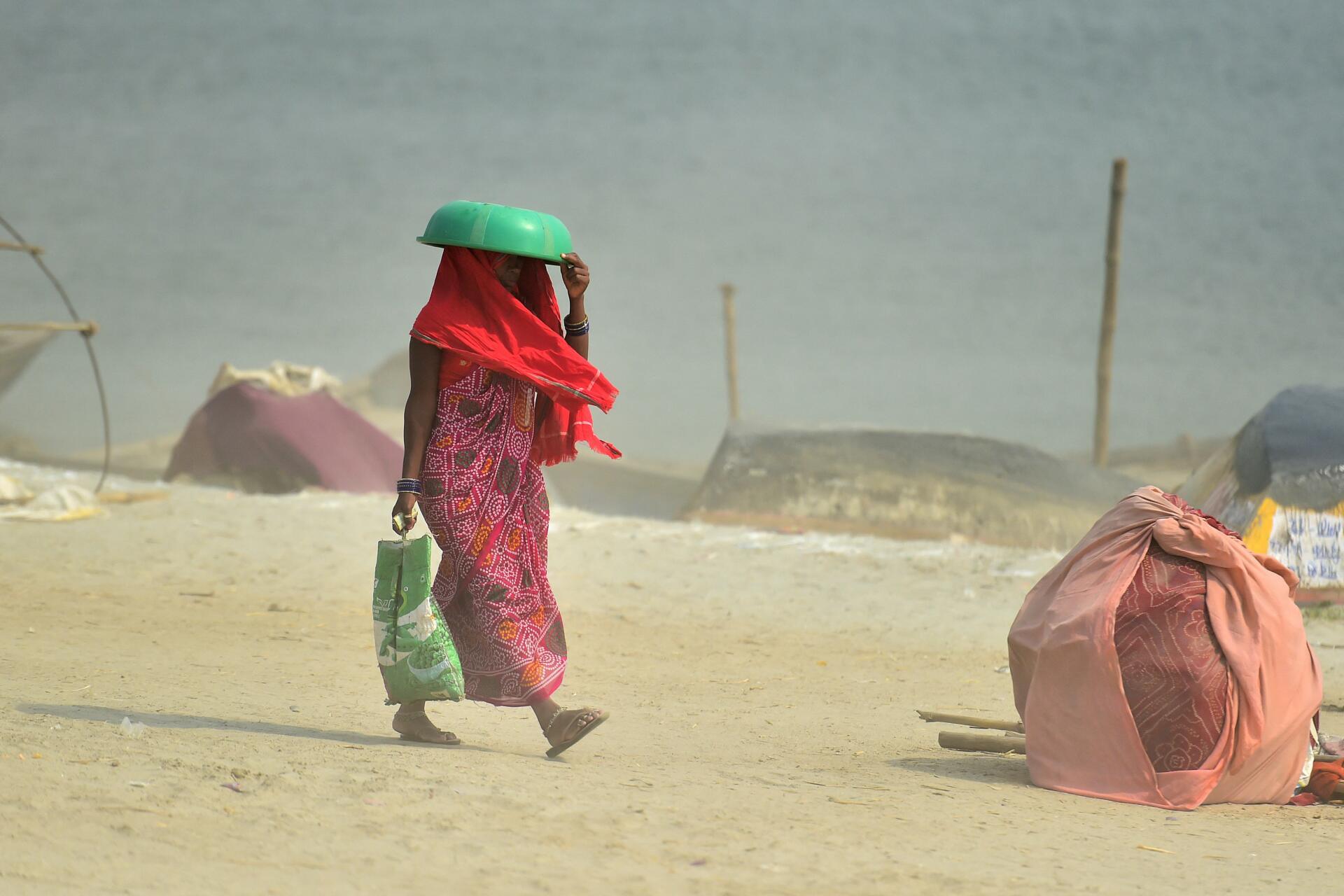
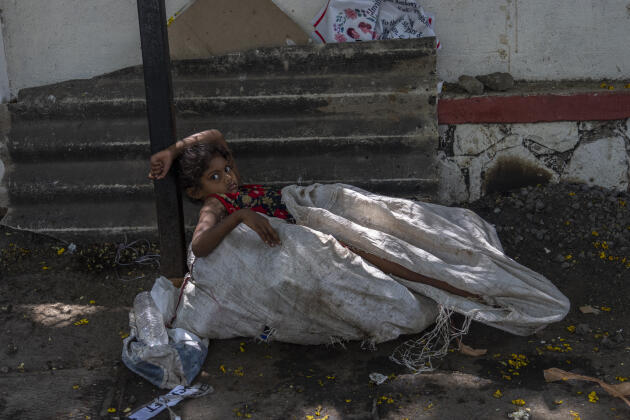
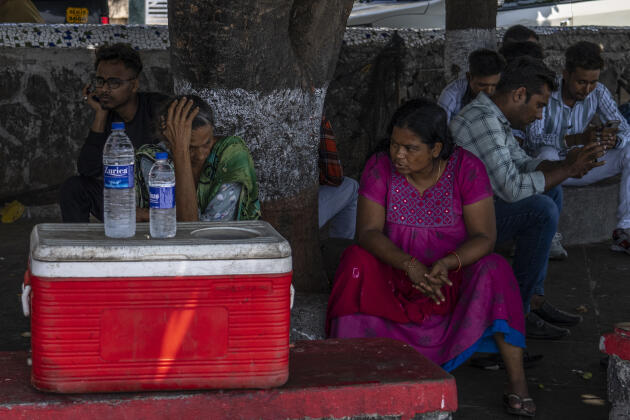
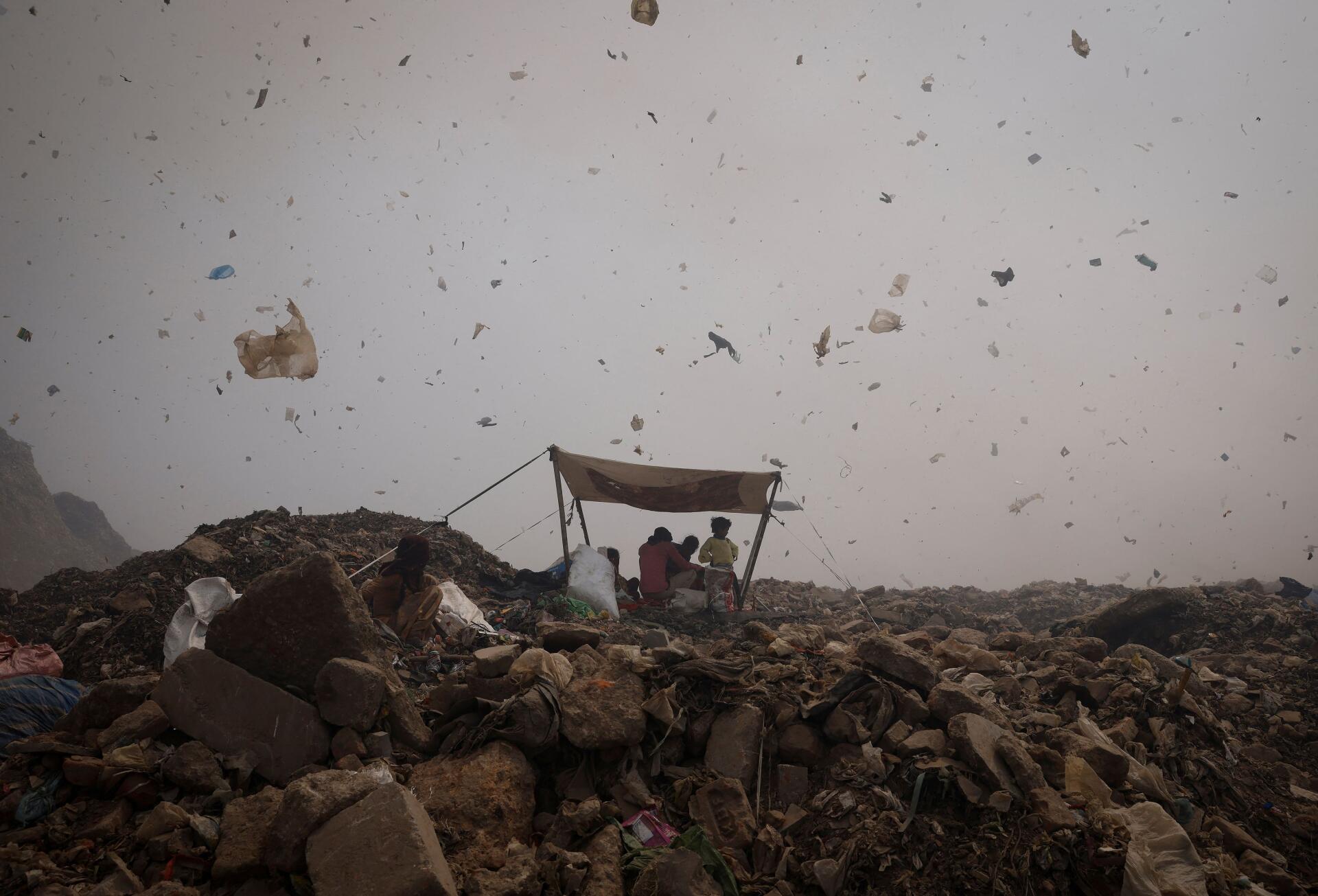
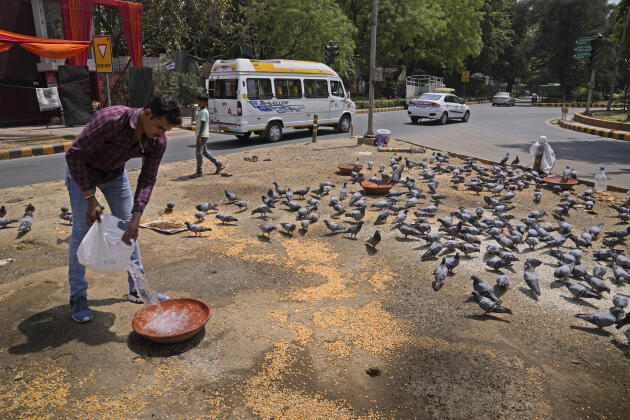
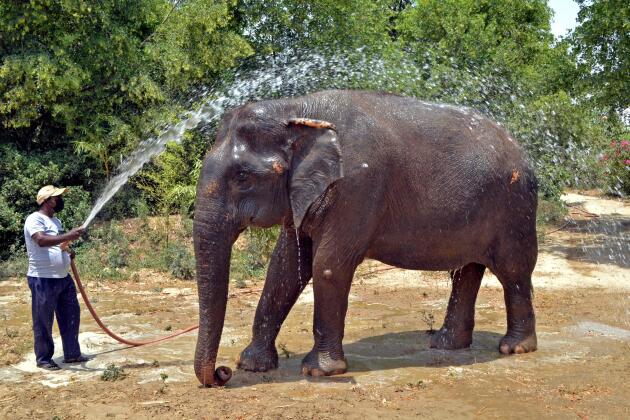
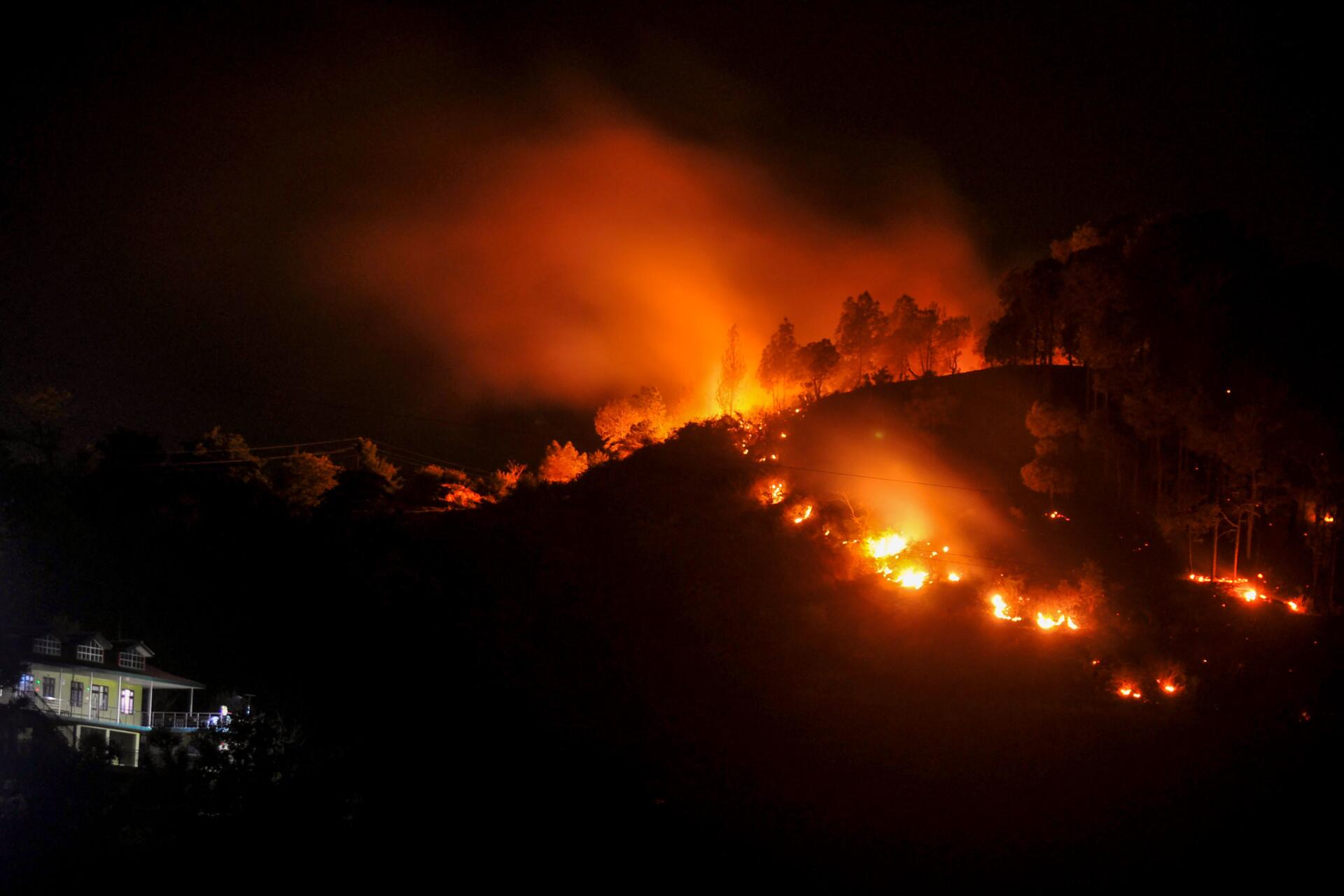
Neighboring Pakistan is also experiencing this extreme heat. The hot weather corresponded with the period of Ramadan, which requires the faithful not to drink and eat between sunrise and sunset, testing Indian Muslims and Pakistanis. Farmers will need to manage water supply wisely in this country of Pakistan where agriculture, the mainstay of the economy, employs around 40% of the total workforce.
